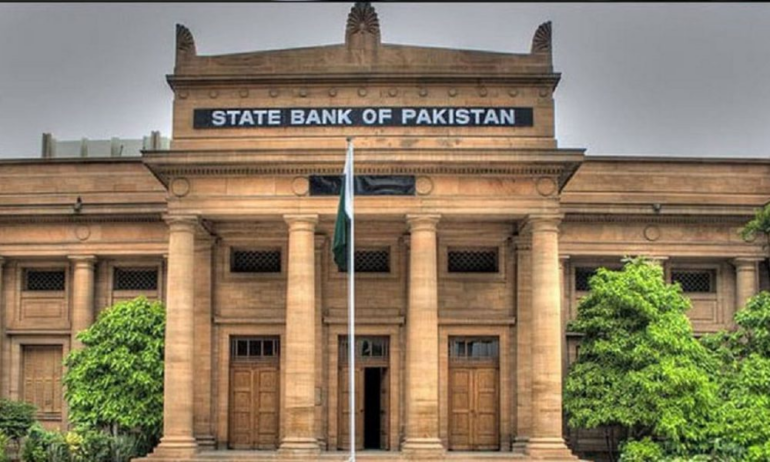In an emergency meeting, the State Bank of Pakistan (SBP) has announced a significant hike in the policy rate by 100 basis points (bps) to 22%.
The decision to this effect was taken during the bank’s Monetary Policy Committee (MPC), mainly due to increased potential risks to the inflation outlook since their last meeting on June 12.
The MPC noted that the upside risks to inflation mainly stemmed from the implementation of new measures in the fiscal and external sectors, which are crucial for the completion of the ongoing International Monetary Fund (IMF) program.
The MPC emphasized the importance of maintaining a positive real interest rate to bring down inflation to the medium-term target of 5-7% by the end of the fiscal year 2025.
According to a press release issued by the SBP, two recent domestic developments have slightly deteriorated the inflation outlook and could further strain the external account.
Firstly, there have been upward revisions in taxes, duties, and the petroleum development levy rate in the FY24 budget approved by the National Assembly on June 25.
Secondly, the SBP withdrew its general guidance for commercial banks regarding import prioritization on June 23.
The MPC viewed these measures as necessary within the context of the ongoing IMF program but acknowledged that they increased the upside risks to inflation. The additional tax measures were expected to contribute to inflation directly and indirectly, while the relaxation of import guidelines could exert pressure on the foreign exchange market, potentially leading to higher exchange rate pass-through to domestic prices.
The MPC justified its decision to raise the policy rate by 100bps, stating that it was necessary to maintain a positive real interest rate in the future. This move is expected to anchor inflation expectations further, which have already been moderating in recent months, and support the objective of bringing down inflation to the medium-term target.
The MPC also expressed confidence that their decision, combined with the anticipated completion of the ongoing IMF program and the government’s commitment to generating a primary surplus in FY24, would address external sector vulnerabilities and reduce economic uncertainty.
The committee emphasized its commitment to monitoring evolving economic developments and taking appropriate action if needed to achieve price stability over the medium term.
Meanwhile, the government awaits an announcement from the IMF regarding the disbursement of bailout funds, following the revision of the budget to align with the Fund’s demands.
Officials expect a breakthrough in the next few days, as most issues between the IMF staff and the Ministry of Finance have been resolved.
The government has made various budget changes, including additional tax measures, spending cuts, withdrawal of an amnesty on foreign exchange inflows, and an increase in the petroleum levy, among others.



